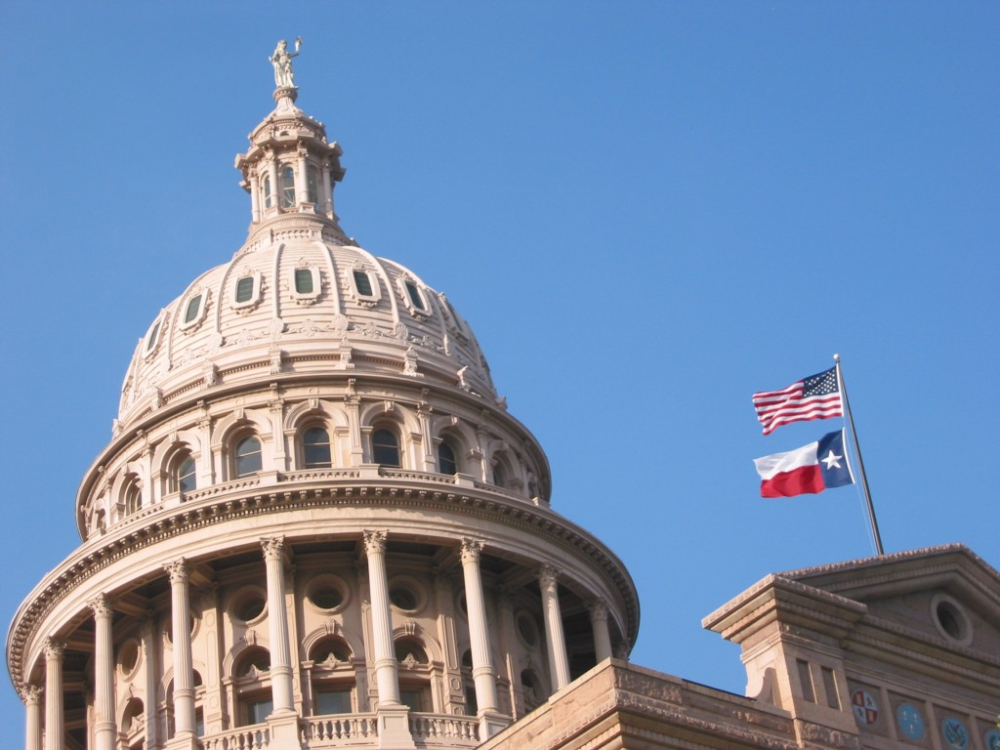School Vouchers in Texas Advance Toward Reality
April 4, 2025 – The Texas House Public Education Committee has advanced a school choice measure, moving it toward a full chamber debate with a narrow 9-6 vote. The legislation proposes the creation of Education Savings Accounts (ESAs), which would allocate up to $10,000 per student annually for families to use on private school tuition or other educational expenses. The proposal marks a major step forward for school choice advocates, particularly Governor Greg Abbott, who has made the issue a cornerstone of his education policy agenda.
Governor Abbott has strongly supported school choice, especially during last year’s Republican primaries, where he endorsed challengers against incumbent lawmakers who opposed similar initiatives. The advancement of this legislation reflects the increasing political pressure to give parents more control over their children’s education, particularly in the wake of pandemic-related school closures and ongoing debates over curriculum transparency.
The preliminary state budget sets aside $1 billion for the ESA program in the 2026-2027 school year. This funding would initially allow up to 100,000 students—out of more than five million public school enrollees—to participate in the program. Proponents argue that this initiative would provide greater educational opportunities for families seeking alternatives to the public school system, particularly those in underperforming districts or areas with limited school options.
Dallas Rep. John Bryant called the bill a “catastrophe” for 10 of the largest school districts in the state, which he said wouldn’t get the money they needed under this proposal.
The proposal faces significant opposition from public education advocates and some lawmakers who argue that diverting state funds to private education could weaken public schools. Critics contend that ESAs disproportionately benefit wealthier families who can already afford private schooling and may not adequately support low-income students, particularly in rural areas where private school options are scarce. Additionally, concerns remain about the lack of accountability for private schools receiving public funds, as they are not held to the same academic and financial transparency standards as public institutions. Some of the State’s largest school districts fear they will not receive enough funds to operate.
School choice legislation has repeatedly passed the Texas Senate over the past decade but has faced resistance in the House. This is only the second time such a measure has made it to the House floor for consideration. With strong political backing from the governor and increased public interest in school choice, the upcoming debate will be pivotal in determining the future of education funding in Texas. Whether the bill garners enough support to become law remains to be seen, but its advancement signals a growing push for education reform in the state.




